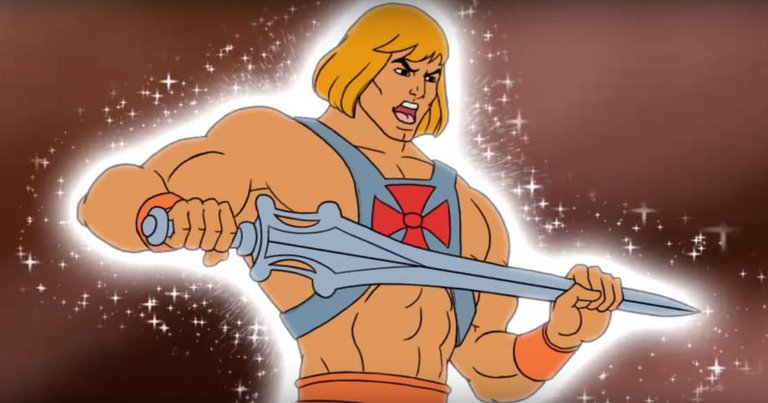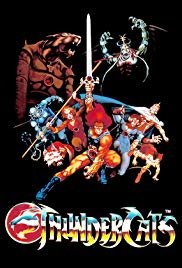Good parents. Gosh, they do a lot for their children – they spend a lot of money on them, they go through a lot for them…
And businesses know this sentiment of parents to take care of their children, this instinct to care and not say “no”.
This is, though, perhaps a modern sentiment. Not the instinct to preserve your offspring’s life, no, this has always been the case, but the pecking order has changed. In order for the species to survive the parents had to eat first, especially the male who was the primary provider of food. If he died, the female most often died (rejected to the fringes of the tribe) and if she died the children died. If the female did not eat there was no milk for the baby, if she did not eat the children would not be cared for. If times were hard, as they always were before the latter part of the 20th century and the children died (this happened frequently, with the infant/child mortality rates very high until very recently) then the species could at least continue if there were healthy adults that could have children again.
With the wolves of starvation and poverty farther away from the front door in today’s mass producing, globalised and foremost capitalist world, the emphasis has shifted to the child being the precious object, targeted for survival and pampered and sheltered at cost – granted this is true in most first world countries and not in under developed poorer countries were the tentacles of modern capitalist economic development has not taken place fully.
In capitalist thought, the family had to be capitalized from, the housewife, the professional woman, the hard working husband, the professional man. But, increasingly economic thought has sought to target another unit to capitalize from; the child from about the 1970’s and certainly 1980’s was the target for intensive marketing of toys…Entire shows were developed that served as half-hour long advertisements: shows like G.I. Joe (1985), ThunderCats (1985), Transformers (1984), Dino-Riders (1988), He-Man (1983), Care Bears (1985), BraveStarr (1987), Teenage Mutant Ninja Turtles (1987) and the like.
Increasingly laws and nation states intensified policing of parents and their handling of the child in the home. This focus on the child changed the pecking order in the family unit, with the sentiment of parents today to view their children as little princes and princesses and treating them accordingly – one can literally see this behavior in parents buying princess clothing for their daughters and in the popularity of Barbie and the Little Princess dolls. Increasingly, whether by design or influence by big business the government is involved in parenting and protection of the child and society views any harsh actions against minors by adults in a very judgmental light, with society vehemently condemning any perceived mistreatment of the child. Some of this change in the status of a child might be good, but it might also be a handy way of businesses to get a foothold in the family, not to preserve the family unit as a whole, but to sell and make a profit the quicker and larger the better.
Where does this leave parents and the family unit – where does this leave a generation of entitled, spoiled children? Only time will tell.
- Written by Omar Daniel Fourie, 12 December 2018.


